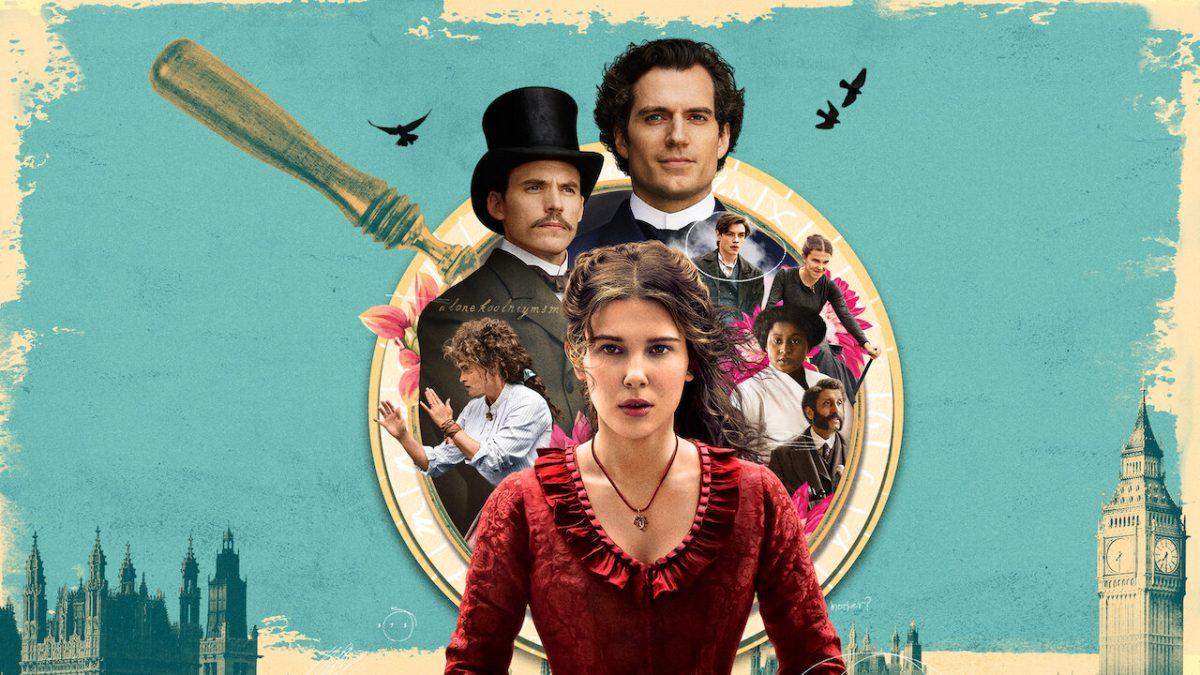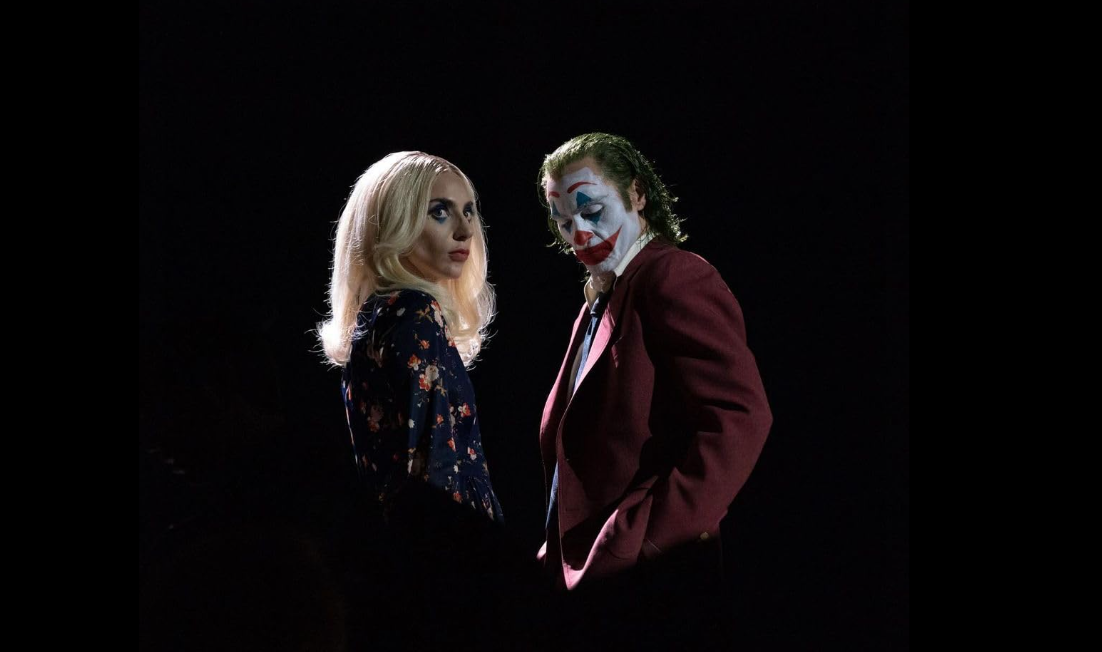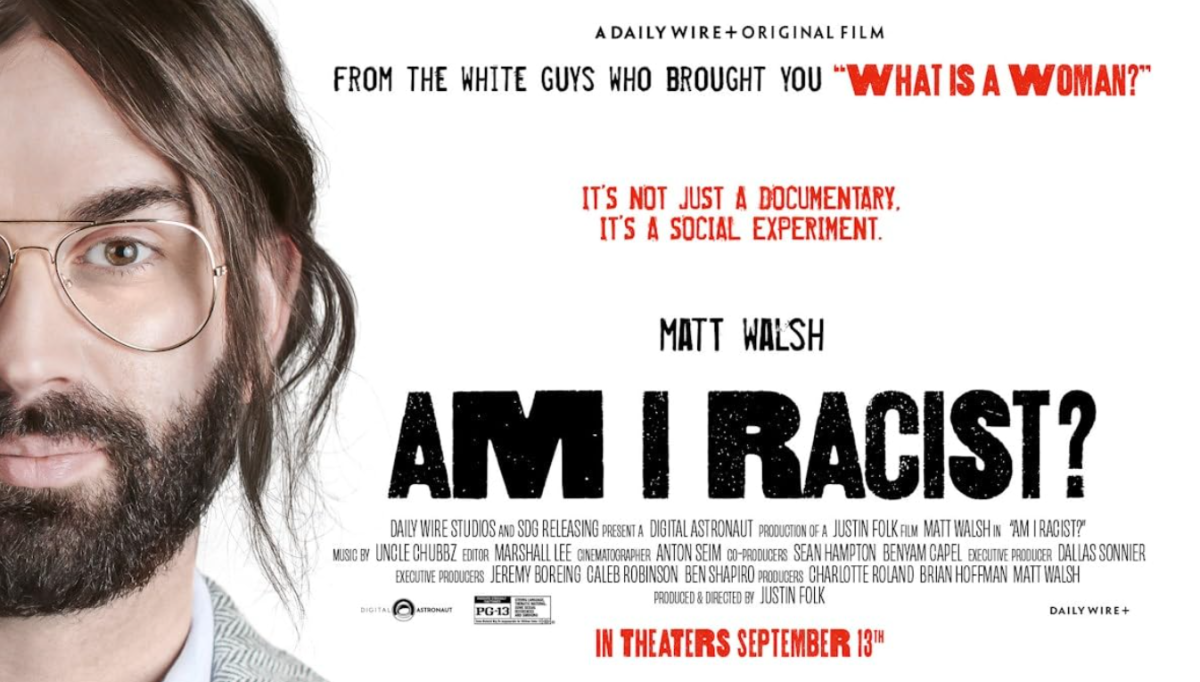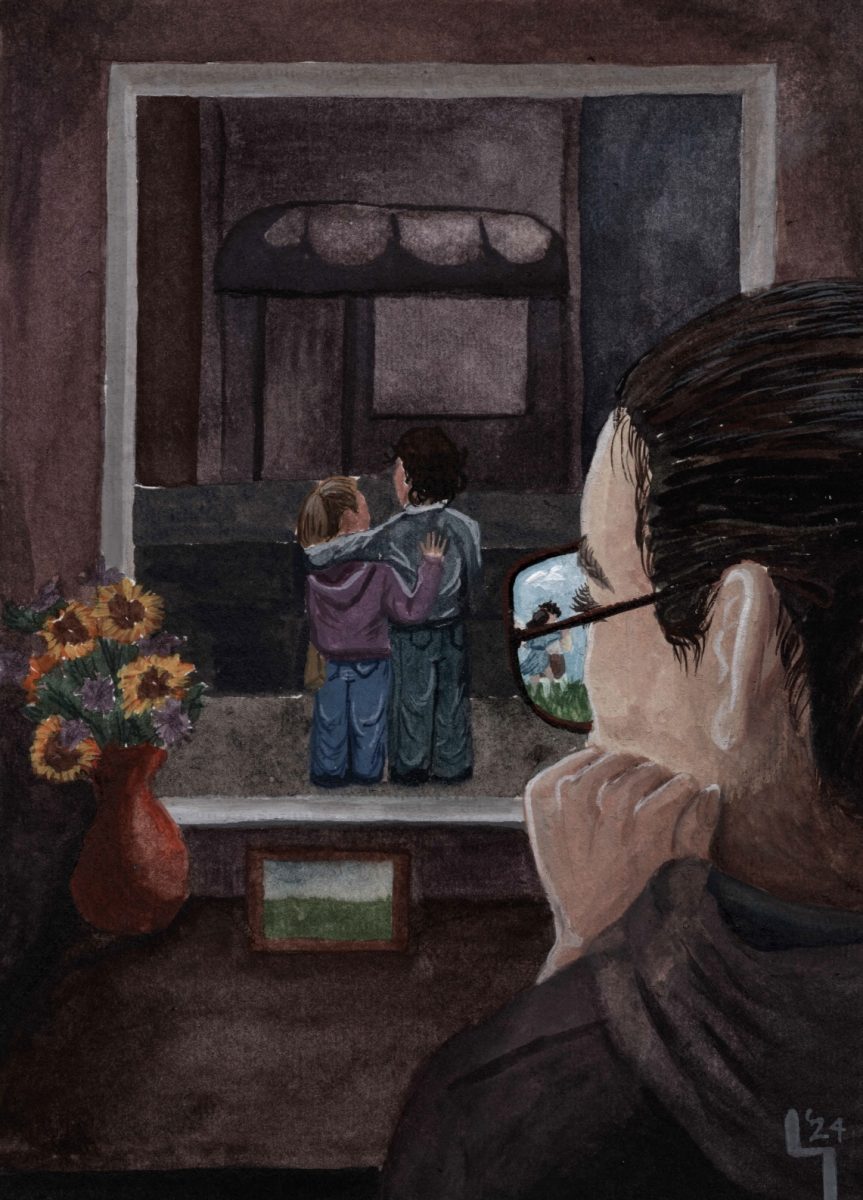“Enola Holmes” is not a good film. Netflix’s take on a Sherlock Holmes story stars Millie Bobby Brown as Enola, Sherlock’s lesser known teenage sister, as she is thrust into the world of murder and political terrorism following the disappearance of her beloved mother.
Unfortunately, the film stumbles at every turn, failing to provide everything from interesting characters to a cohesive plotline. The dialogue is bad, the characters are two-dimensional and the story will have audiences rolling their eyes every 10 minutes. Furthermore, the film’s progressive thematic messages are muddled and mangled by the inexplicable need to force a poorly conceived romance into the film’s overlong two-hour runtime.
Stylistically, “Enola” is fairly standard, with one glaring exception. The main character frequently breaks the fourth wall, staring directly into the camera and talking to the audience. This element isn’t inherently negative, as many films and television shows have used similar fourth wall breaks to great effect. “Enola” is not among them. The film simply doesn’t know what to do with the gimmick. The immersion-breaking motif is used far too often and without good reason.
While “Enola Holmes” does have many flaws, its cast is not one of them. The dialogue is bad and the characters are uninteresting, but the actors and actresses do their best with the script. Brown gives a solid performance despite the poor writing, and Henry Cavill, who plays Sherlock, performs similarly. Together, the two provide at least some kind of foundation for the film to stand on. Helena Bonham Carter plays Eudora Holmes, Enola, Sherlock and Mycroft’s mother, but unfortunately doesn’t get enough screen time to deliver any kind of real performance.
Though most of the scenes in “Enola” range from uninteresting to downright bad, there is one quality moment worth mentioning. In it, Susie Wokoma, an African American actress who plays a minor role, confronts Cavill’s Sherlock about his disinterest in politics. Wokoma’s character goes on to deliver a brief but eloquent monologue about privilege, challenging Sherlock, and the audience by proxy, about his apathy toward activism and refusal to take a side in the film’s historical fight for women’s suffrage. The scene implies a further connection to modern day issues of racial privilege. It’s a short scene, but one that captures far better than the rest of the film the messages that its creators were clearly trying to convey.
One would think a Holmes story would contain a lot of mystery — or at the very least a cohesive plotline. Instead, “Enola Holmes” consists mostly of Enola being beaten down in various ways by society, her brothers, her boarding school teachers and nameless thugs, only for her to overcome them gradually with lots of winks into the camera.
There’s not much in the way of actual storyline, and Enola doesn’t do much in the way of actual detective work. The film is little more than an extremely on-the-nose showcase of positive feminist ideals, which the film itself then hamstrings by refusing to allow Enola to escape without a handsome young love interest by her side.
“Enola Holmes” was clearly written for children. It mangles its own themes and its story is downright inept. It’s safe to skip this one.
‘Enola Holmes:’ a childish and uninteresting new Netflix film
October 8, 2020
0
Donate to The Battalion
Your donation will support the student journalists of Texas A&M University - College Station. Your contribution will allow us to purchase equipment and cover our annual website hosting costs.
More to Discover















